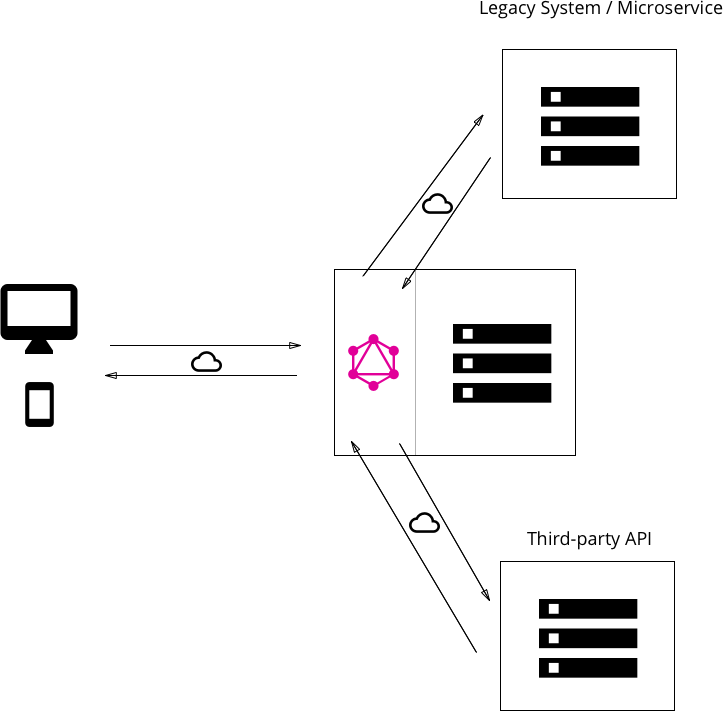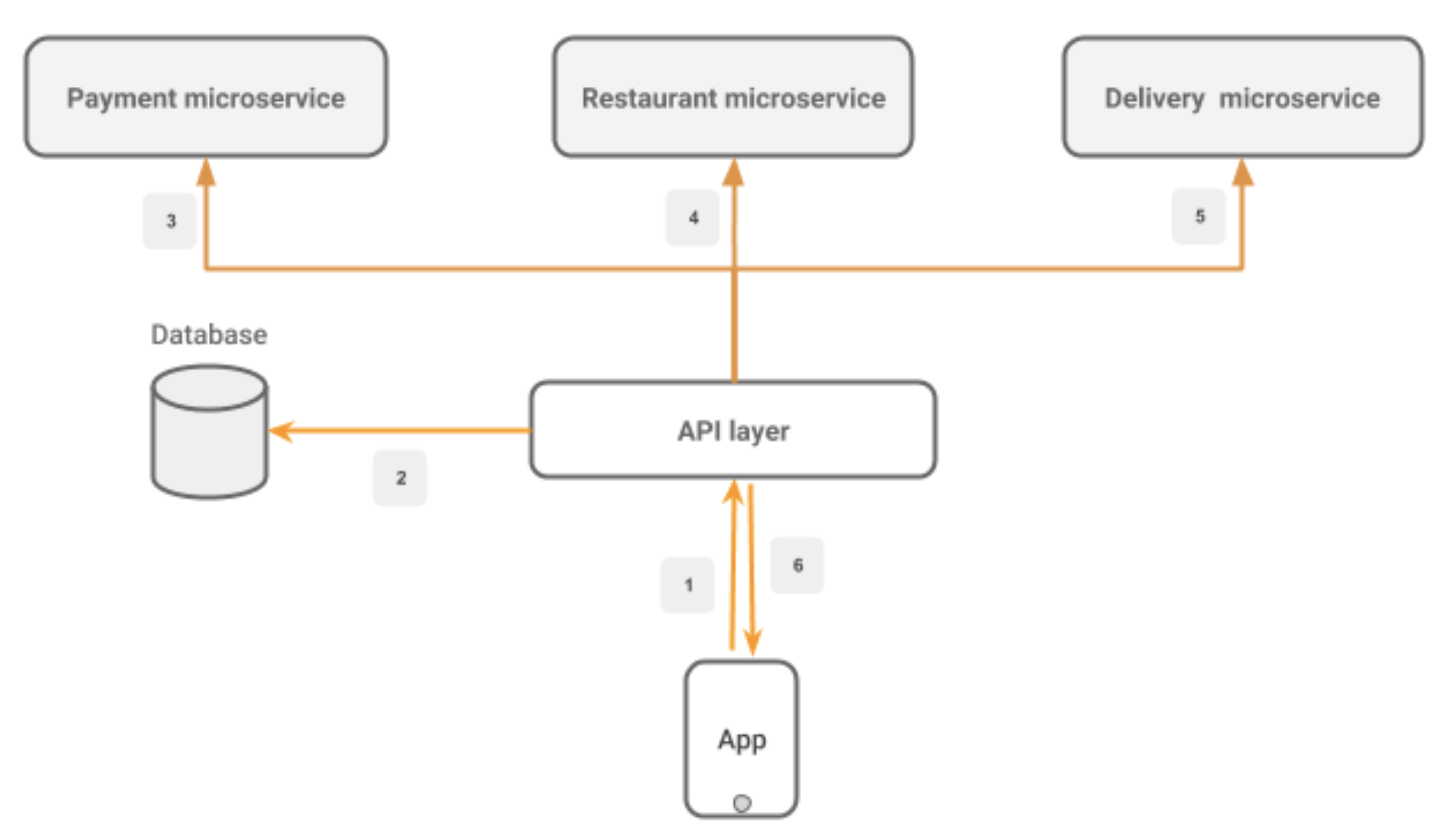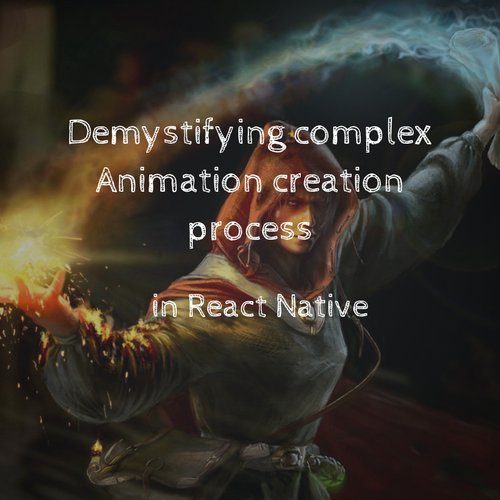Scaling GraphQL backend with Hasura and YugabyteDB
Web / Mobile / VR / AR / IoT / AI
Software architect, consultant, author

What is GraphQL
GraphQL
A query language for your API

What about Architecture

Microservices architecture

3factor.app Architecture

How do you start with backend?
- Code your own
- Use Hasura
- Use AWS AppSync
What is Hasura
open source and free engine that gives you auto-generates real-time GraphQL API on top of new or existing PostgreSQL database
Features
- Can be deployed to any cloud or run locally
- Compatible with all Authentication solutions
- Can run on top of new or existing Postgres database
- Supports Postgres addons (PostGIS, TimescaleDB)
- Auto-generates GraphQL api
- GraphQL queries are compiled to performant SQL statements using native Postgres features
Features
- Comes with hasura-cli which has awesome tools like migrations and more
- Can work with custom SQL statements
- Has configurable access controls for data
- Can be connected to your own GraphQL server (does schema stitching)
- Has eventing system which enables to trigger serverless functions
Let's see it in action
Download docker-compose.yaml
wget https://raw.githubusercontent.com/hasura/graphql-engine/stable/install-manifests/docker-compose/docker-compose.yamldocker-compose upHasura Console overview
- GraphiQL - run your queries in in-browser IDE
- Data - manage your data, access control, relations, permissions
- Remote Schemas - stitch GraphQL schema of your custom GraphQL server
- Event Triggers - connect your serverless functions
GraphiQL tab - use for development
- Set endpoint headers
- Execute queries and mutations
- Analyse queries
Data tab - data management interface
- View and insert data into db
- create and modify tables
- Create relationships
- set permissions and access control
- execute custom sql statements
Remote Schemas tab

stitch your custom GraphQL server schema
Event triggers
- connect custom webhooks to database events to execute serverless functions
- set retry logic
- forward custom headers to webhook
Authentication
Run hasura locally on top of existing postgres

GraphQL meets Distributed SQL

Create local YugabyteDB cluster
yb-ctl create --rf 3 Connect to ysqlsh
./bin/ysqlsh --echo-queriesLoad sample data
Run Hasura on top of newly created Db
docker run -d -p 8080:8080 -e \
HASURA_GRAPHQL_DATABASE_URL=postgres://postgres:@host.docker.internal:5433/yb_demo \
-e HASURA_GRAPHQL_ENABLE_CONSOLE=true hasura/graphql-engine:latestLet's see it in action
Thank You
@VladimirNovick
GraphQL with Yugabyte and Hasura
By Vladimir Novick
GraphQL with Yugabyte and Hasura
- 1,626

